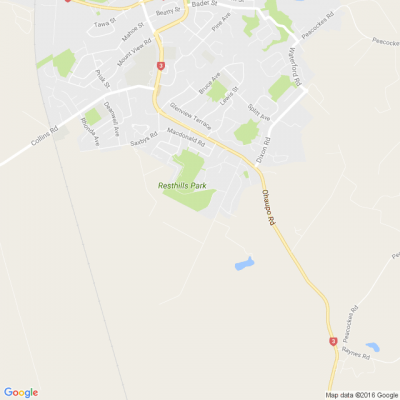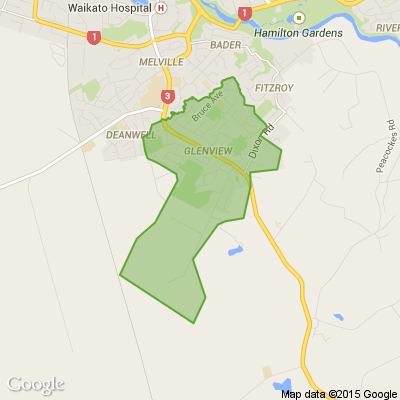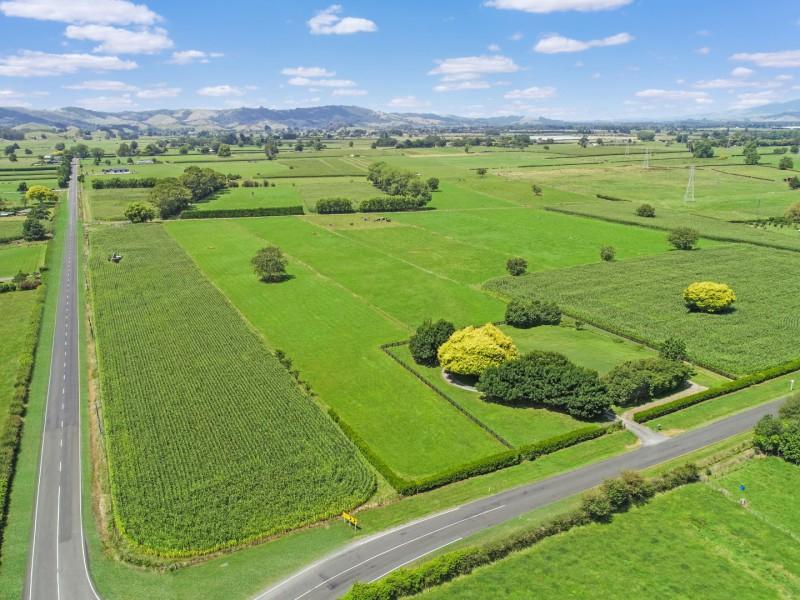Recycled polyester
Along our journey to creating a more sustainable future, our studios are working to incorporate innovative textiles into our product offering. The technical advancement of recycled yarn production has led to textiles which are not only more environmentally friendly, but emulate the soft handle of virgin fibres. In this article we explain the process of transforming post-consumer plastic bottles into recycled polyester yarn, through an investigation into the production of our first recycled product Kumo Recycled by James Dunlop.
Woven in 92% recycled polyester and 8% polyester yarn, Kumo Recycled presents a modern perspective on fibre construction. Available in 15 decorative shades, Kumo Recycled is suitable for those seeking a high-performance wide width sheer that is fire retardant and has a weighted selvedge in both residential and commercial applications, elegantly framing the view in any setting.
THE RECYCLING PROCESS:
At the recycling facility, post-consumer PET bottles are magnetically sorted by a metal detector and the labels are washed off with water in a revolving cylinder called a Tromel. The clean PET bottles are then sorted into types and colours by a near infrared ray and spectrum camera before being shredded into flakes underwater.
Separation occurs as lighter plastics float to the tank’s surface. The flakes are dried in a tumbler, then rinsed with sodium hydroxide, dried, rinsed in water, and dried once more. Residual contaminants and metals are then blown out and the flakes are shredded into smaller flakes, ready to be used to produce a liquid polymer (resin).
Keep reading: www.curtainclean.co.nz...
Poll: If we want to reduce speeding, what do you think actually changes driver behaviour? 🛻🚨🚓
In the Post's article on speeding penalties, the question is asked whether speeding fines are truly about road safety, or are they just a way to boost revenue for the Crown?
What do you think? Should speeding motorists receive speeding fines or demerit points?

-
38.2% The sting of a fine (Money talks!)
-
61.8% The threat of demerit points (Nobody wants to lose their license!)
Some Choice News!
DOC is rolling out a new tool to help figure out what to tackle first when it comes to protecting our threatened species and the things putting them at risk.
Why does this matter? As Nikki Macdonald from The Post points out, we’re a country with around 4,400 threatened species. With limited time and funding, conservation has always meant making tough calls about what gets attention first.
For the first time, DOC has put real numbers around what it would take to do everything needed to properly safeguard our unique natural environment. The new BioInvest tool shows the scale of the challenge: 310,177 actions across 28,007 sites.
Now that we can see the full picture, it brings the big question into focus: how much do we, as Kiwis, truly value protecting nature — and what are we prepared to invest to make it happen?
We hope this brings a smile!

🎉 Riddle me this, legends! 🎉
He/She who makes it, sells it.
He/She who buys it, doesn't use it.
The user doesn't know they are using it.
What is it?
(Shezz from Ngāruawāhia kindly provided this head-scratcher ... thanks, Shezz!)
Do you think you know the answer? Simply 'Like' this post if you know the answer and the big reveal will be posted in the comments at 2pm on the day!
Want to stop seeing these in your newsfeed?
Head here and hover on the Following button on the top right of the page (and it will show Unfollow) and then click it. If it is giving you the option to Follow, then you've successfully unfollowed the Riddles page.









 Loading…
Loading…



